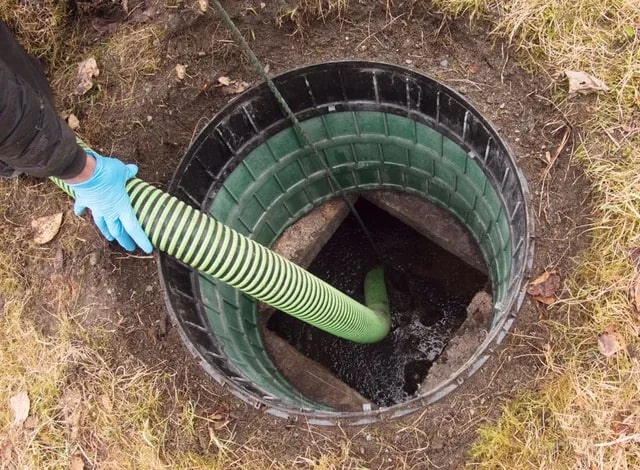Maintaining home systems is crucial for ensuring long-term efficiency and functionality. Preventive care plays a pivotal role in this process, extending the lifespan of various systems, reducing the likelihood of unexpected failures, and enhancing overall home comfort. Among the essential systems requiring regular maintenance are septic systems and wells. Addressing these components proactively can prevent costly repairs and ensure seamless operation.
The Importance of Preventive Care
Preventive care involves routine inspections, maintenance, and timely interventions to keep home systems in optimal condition. By focusing on preventive measures, homeowners can address minor issues before they escalate into major problems. This approach not only saves money but also promotes the efficiency and reliability of home systems.
Septic Pumping: Ensuring System Longevity
Septic systems are a critical component of home wastewater management. Regular septic pumping is essential for maintaining the efficiency of these systems and preventing potential issues. Over time, solids accumulate in the septic tank, which can lead to clogs, backups, and even system failure if not addressed.
Benefits of Regular Septic Pumping
- Preventing Clogs and Blockages: Accumulated solids can obstruct the flow of wastewater, causing clogs and backups. Regular septic pumping helps to remove these solids, ensuring smooth operation and preventing costly repairs.
- Extending System Lifespan: A well-maintained septic system has a longer lifespan. By scheduling regular pump-outs, homeowners can reduce wear and tear on the system, avoiding premature replacements.
- Protecting the Environment: A properly functioning septic system minimizes the risk of wastewater contamination in the surrounding environment. Preventive pumping helps to prevent leaks and protect groundwater quality.
Recommended Pumping Schedule
The frequency of septic pumping depends on factors such as the size of the tank, the number of occupants in the household, and the volume of wastewater generated. Generally, it is advisable to schedule septic pumping every 3 to 5 years. However, homeowners should consult with a professional to determine the optimal schedule based on their specific needs.
Well Repair: Safeguarding Water Quality and Supply
Wells are another vital home system that requires preventive care. Regular well repair and maintenance are essential for ensuring a reliable water supply and maintaining water quality. Common issues such as pump malfunctions, leaks, and contamination can affect well performance if not addressed promptly.
Key Aspects of Well Repair and Maintenance
- Regular Inspections: Periodic inspections of the well system help identify potential issues early on. These inspections may include checking the well casing, pump, and pressure tank to ensure they are functioning correctly.
- Water Quality Testing: Routine water quality testing is crucial for detecting contaminants such as bacteria, nitrates, and other impurities. Addressing water quality issues promptly helps to safeguard the health of household members.
- Prompt Repairs: Addressing issues such as pump failures, leaks, or malfunctions as soon as they arise is vital for preventing further damage. Timely repairs help to maintain the efficiency of the well system and ensure a consistent water supply.
Professional Well Maintenance Services
Engaging professional well maintenance services is recommended for comprehensive care. Professionals have the expertise and equipment to conduct thorough inspections, perform necessary repairs, and ensure that the well system operates efficiently. Regular maintenance by a qualified technician helps to prevent unexpected breakdowns and extend the lifespan of the well.
Conclusion
Preventive care is essential for maintaining home systems and ensuring long-term efficiency. By focusing on regular maintenance and timely interventions, homeowners can address minor issues before they escalate, reduce the likelihood of unexpected failures, and enhance overall home comfort. Septic pumping and well repair are critical components of this preventive approach, contributing to the reliable operation of essential home systems.
Investing in preventive care not only promotes the efficiency and longevity of home systems but also protects the value of the property. Homeowners should prioritize regular inspections, maintenance, and repairs to ensure that their home systems continue to function optimally, providing peace of mind and lasting comfort.

